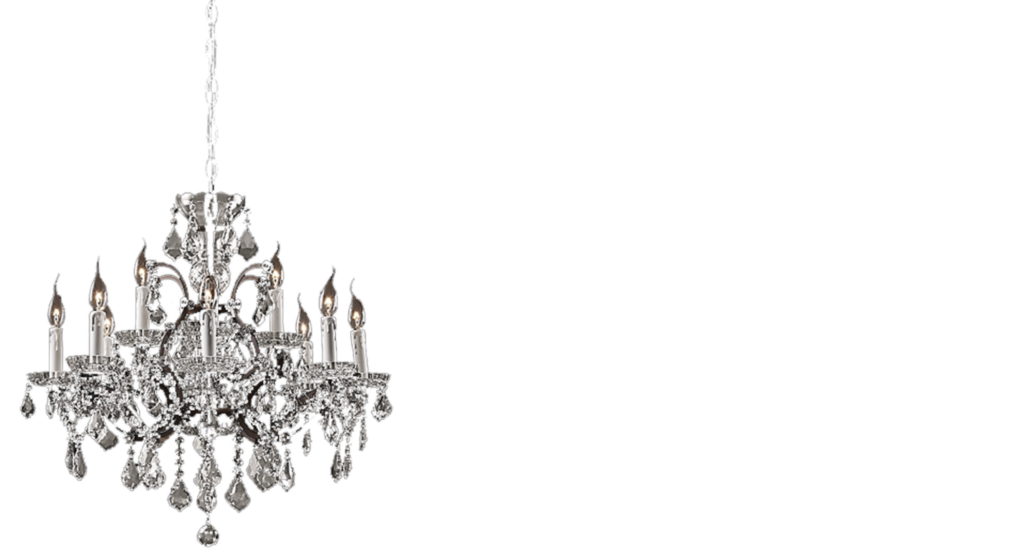Burnout is more than just feeling tired after a long workday. When stressors from long hours, high-pressure demands, or a toxic work environment build up over time, they can take a real toll on your mental health. Many people experience symptoms of depression, such as low mood, loss of interest in activities, and difficulty concentrating, when their work environment consistently overwhelms their ability to recover. Left unaddressed, these challenges can impact both mental well-being and physical health.
Feeling depressed because of work isn’t a sign of weakness; it’s often the result of unhealthy working conditions combined with a lack of balance between personal life and career goals. The World Health Organization recognizes burnout as an occupational phenomenon, highlighting the serious effects that poor working conditions can have on mental health. In the sections that follow, we’ll explore why work can contribute to depressive disorder, identify key risk factors, and explain how interventions like professional help and self-care strategies can support recovery.
What is Burnout Exactly?
Burnout is a state of emotional, mental, and physical exhaustion caused by prolonged exposure to high-stress work environments. It often develops when the demands of a job consistently exceed a person’s ability to manage stress and maintain well-being. People experiencing burnout may notice symptoms of depression, such as low mood, difficulty concentrating, and a general loss of interest in both their workday and personal life. Unlike regular tiredness, burnout doesn’t improve with a weekend off or a short vacation; it can evolve into more serious mental health conditions if left unaddressed.
The World Health Organization classifies burnout as an occupational phenomenon, not a medical condition, but its effects on mental health are very real. Burnout can increase the risk of developing mental health disorders, impact physical health, and even strain relationships with family members and loved ones. Recognizing the signs of burnout early—such as emotional exhaustion, feelings of cynicism about work, and reduced professional performance—is crucial for seeking timely interventions and protecting your mental health.
Symptoms of Burnout
Burnout can affect every part of your life, from your career goals to your personal relationships. When stressors at work build up without relief, they can lead to serious mental health challenges. Recognizing the symptoms of burnout early can help you take action before it progresses into more serious mental health conditions like depressive disorder or anxiety.
Common symptoms of burnout include:
- Chronic fatigue
- Difficulty concentrating
- Low mood
- Loss of interest in work or hobbies
- Increased irritability
- Physical health problems (such as headaches or stomach issues)
- Feelings of hopelessness
- Withdrawal from loved ones or family members
- Decreased work performance
- Sense of detachment from your work environment
If you notice these signs of depression or burnout in yourself, it’s important to take them seriously. Burnout doesn’t just impact your workday—it affects your overall well-being, physical health, and mental wellness. Seeking professional help through a mental health provider can offer critical support and guide you toward healthier working conditions and coping strategies.
Burnout and Depression
Burnout and depression share many overlapping symptoms, such as low mood, chronic fatigue, and difficulty concentrating, but they are distinct conditions. Burnout is typically tied directly to stressors within the work environment, such as excessive workload, lack of control, or workplace bullying. It primarily affects your professional life at first, though it can spill over into your personal life if not addressed. Burnout tends to improve when the stressor is removed or when better work-life balance and self-care strategies are introduced.
Depression, on the other hand, is a mental health disorder recognized by healthcare providers that affects all areas of life—not just work. Major depressive disorder often involves persistent feelings of sadness, hopelessness, and a loss of interest in previously enjoyed activities, regardless of external circumstances. While burnout can be a risk factor for developing depression, they are not the same. When burnout progresses and begins to affect your overall mental well-being even outside of the workplace, it’s important to seek professional help from a licensed mental health professional who can provide appropriate interventions, including therapy, support groups, or healthcare services like medication management with antidepressants.
Why Does Working Make Me Depressed Then?
Working can contribute to feelings of depression when the demands of the job consistently overwhelm your ability to maintain mental health and well-being. Long hours, high-stress working conditions, lack of work-life balance, and toxic work environments can all erode emotional resilience over time. When stressors are ongoing and severe, they can lead to symptoms of depression, including low mood, loss of interest in activities, physical health problems, and difficulty concentrating—both during the workday and outside of it.
Additionally, workplace factors like excessive workload, unclear messaging from leadership, workplace bullying, and a lack of support from providers or supervisors can heighten feelings of isolation and helplessness. Over time, these conditions not only create burnout but can also trigger or worsen existing mental health conditions. Without proper self-care, supportive interventions, or professional help, work-related depression can impact every area of life, from personal relationships with loved ones to overall career goals and aspirations.
How to Deal with Feeling Depressed at Work
Feeling symptoms of depression at work can be overwhelming, but there are practical steps you can take to start regaining control over your mental health. Addressing work-related depression early can protect your well-being, support better work-life balance, and help prevent deeper mental health conditions from developing.
Tips for managing work-related depression and burnout:
- Set clear work boundaries to avoid excessive workload
- Prioritize self-care activities, like deep breathing exercises or short walks during the workday
- Talk to a mental health professional for personalized interventions
- Adjust your career goals to align better with your personal life and values
- Seek support from loved ones and family members
- Consider speaking to HR about improving your working conditions
- Explore flexible work options, such as remote work or adjusted hours
- Join support groups focused on workplace mental health
- Focus on managing stressors with healthy coping skills
- Schedule regular check-ins with providers to monitor symptoms
Taking action to address feelings of depression at work is an important investment in both your personal and professional life. By implementing supportive strategies and reaching out for professional help when needed, you can protect your mental health and create a healthier relationship with work.
Regain Your Health with Luxury Psychiatry
If you’re struggling with work depression, burnout, or signs of a deeper mental health disorder, you don’t have to face it alone. At Luxury Psychiatry Clinic, we offer compassionate, evidence-based care tailored to your individual needs. Our team of mental health professionals—including psychiatrists, therapists, and licensed clinical social workers (LCSWs)—can help you identify stressors, address symptoms of depression, and develop a plan that supports your mental well-being and career goals.
Whether you need in-person care, online therapy options, or advanced treatments like TMS or ketamine therapy, we provide a full range of healthcare services to help you regain control over your mental health. Reach out today and take the first step toward restoring balance, strengthening your personal life, and creating a healthier future both at work and beyond.


























